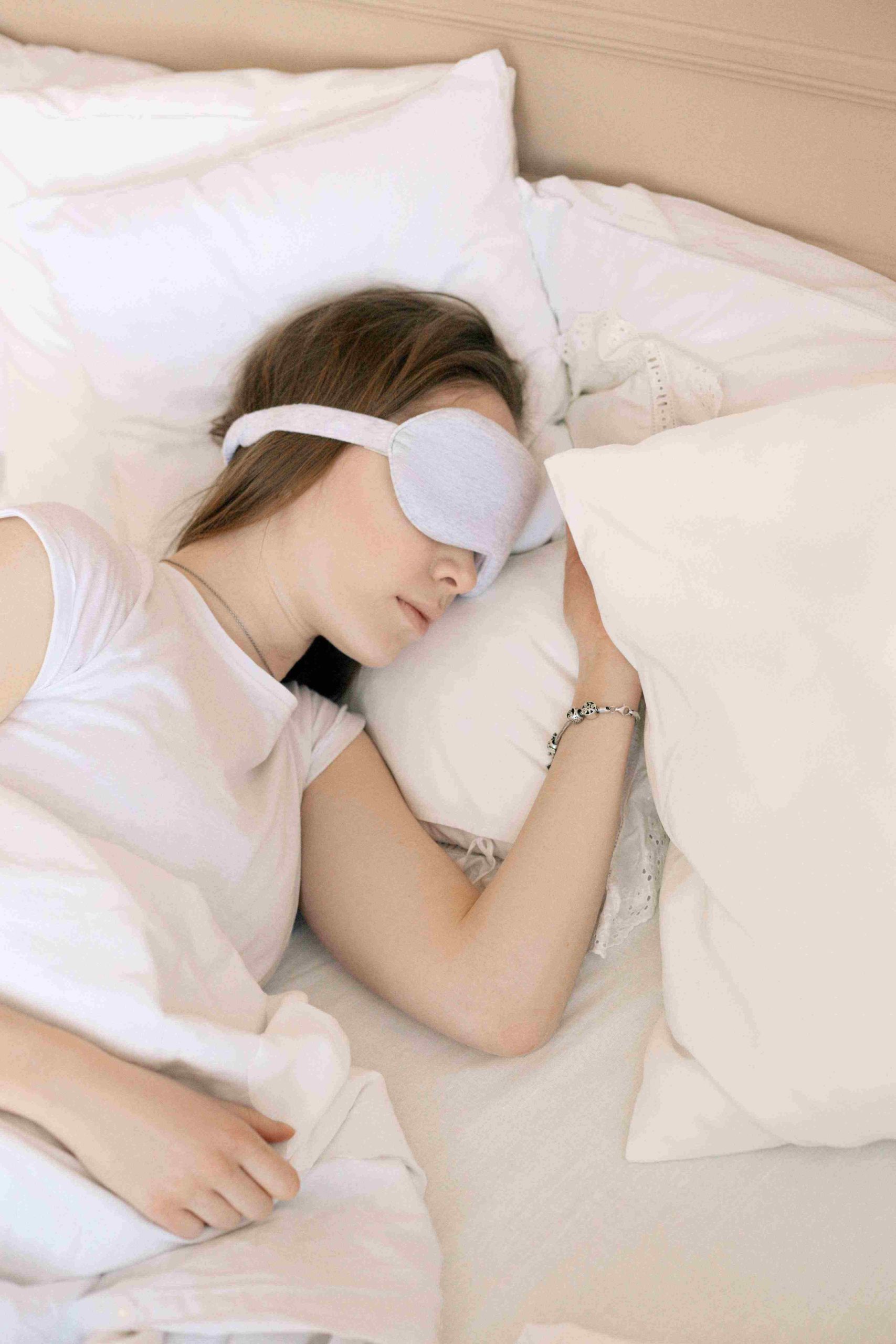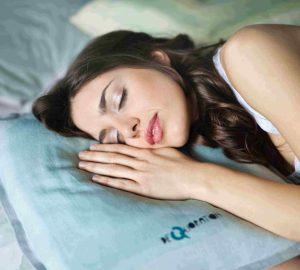Sleep apnea is disruptive, inconvenient, frustrating and life threatening. This is why sleep apnea sufferers need to try their best to prevent all types of symptoms from occurring. You can get a jump start on this by going through this article and consulting your physician as soon as possible.
Strengthen your throat and jaw with some basic exercises. Developing these muscles should reduce the symptoms of sleep apnea. You can exercise your throat and jaw by simply pulling your tongue or practicing some very simple breathing exercises. The goal is to train you to breathe differently and hopefully make your sleep apnea disappear.
Consider sleeping sitting up if you have sleep apnea, and you do not have a CPAP available. Perhaps you have been diagnosed with sleep apnea, but you have not had your CPAP prescribed yet. Maybe the power went out, and your CPAP will not work without electricity. Whenever you have to sleep without the benefit of CPAP therapy, sleeping sitting up will help to keep your airway from collapsing.
If you are over weight, going on a diet can reduce your sleep apnea, or in rare cases, eliminate it completely. Maintaining a healthy weight can help you breathe easier, so losing weight and maintaining a healthy weight when you have trouble breathing is an obvious step in treating your sleep apnea.
Your kids may have sleep apnea. If a child in your home shows symptoms like low grades in school, hostility, irritability, hyperactivity, inattention or mouth breathing, you should consider sleep apnea as a possibility to investigate. Sometimes parents mistakenly think these symptoms have to do with something like ADHD, and it is best that you talk to your child’s doctor to find the true culprit.
Everyone who snores does not have sleep apnea. Conversely, everyone who has sleep apnea does not necessarily snore either. How do you know the difference? The biggest signs are how you feel during the course of a normal day. Snoring does not interfere with the sleep quality the same way that sleep apnea does. With snoring you are less likely to suffer from fatigue during the day.
Being overweight is a common cause of sleep apnea. If you suffer from this condition, losing weight can help you find relief. Talk to your doctor to find some safe and effective ways of dropping a few pounds. Doing so will also benefit you in many other ways as well.
You should always consult a physician when you have sleep apnea, but there are things you can do for yourself too. Stopping the habits of drinking and smoking can help. Anyone who is overweight may find that they benefit quite well from losing 20 pounds or more. Stay away from large meals, caffeine, and alcohol if you have sleep apnea.
There is no debate about the frustration that is often brought on by sleep apnea. The lack of quality sleep, the discomfort, and the life threatening danger all work to make life miserable for those who deal with sleep apnea. Apply the things you’ve just learned, and start managing your sleep apnea tonight.






